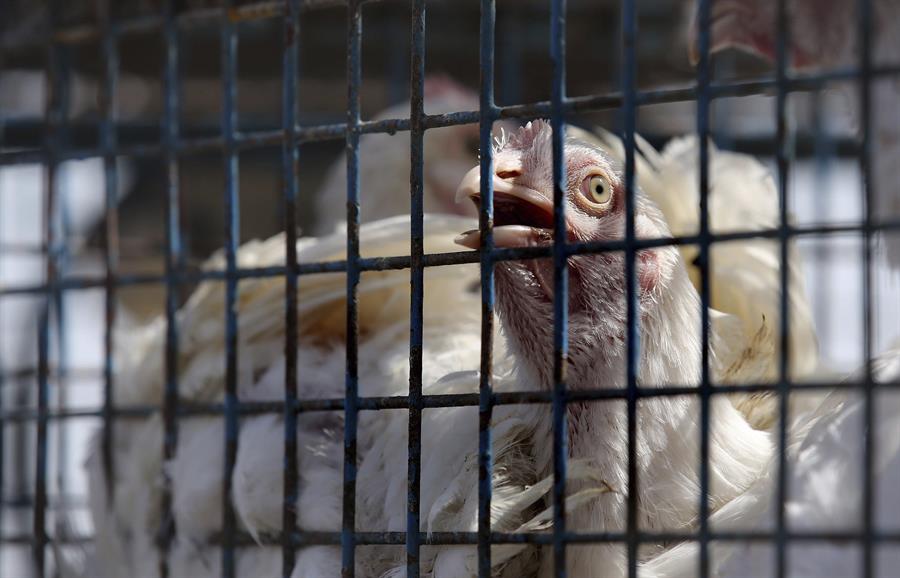Compassion in world agriculture urges lawmakers prohibit the breeding of animals in cages to support the voluntary progress companies have made towards cage-free production, as shown in their latest report EiTrack 2023 published today.
The annual report, which measures the progress of food companies in meeting their voluntary food safety obligations cage-free egg production for laying hensshows that major companies have continued to make progress despite global challenges such as bird flu and the war in Ukraine.
With major food companies, public opinion and strong scientific evidence supporting a cage-free future, CIWF urges policymakers to introduce legislation to support ending cages. This call is especially relevant for the EU, where The European Commission has not yet fulfilled its promise to ban the use of animal cages on farmsa measure supported by nine out of ten European citizens.
Such legislation would reflect the views of EU citizens, as evidenced by the 1.4 million EU citizens who have signed the European Citizens’ InitiativeEnd the cage era‘ in 2020, supported by a coalition of 170 NGOs led by Compassion in world agriculture.
This is confirmed by the 2023 Eurobarometer, in which 91% of Europeans believe that protecting the welfare of animals on farms is important, and 84% believe that these animals should be better protected than they are now. Cage-free production is supported by much of the scientific community, as evidenced by a series of opinions from the European Food Safety Authority (EFSA).
It’s time to ban keeping animals in cages
EiTrack monitors, tracks and encourages the successful voluntary transition to cage-free production of the world’s largest food companies. In 2023, 14 Spanish companies were monitored. Together they have made 22 cage-free egg commitments, of which 19 (86%) report progress, with an average of 56% transition to cage-free eggs.
The average transition to free eggs in Europe was 80%, in the United States 73%, and in the Asia-Pacific region (APAC), where monitoring only started in 2011 EiTrack 2022an average transition percentage of 57% was achieved. Although the average annual transition decreased by 2.5% for the commitments tracked in both editions of EiTrack 2022 From 2023, the global cage-free transition increased by 6.9%, and by 7.4% for companies in the APAC region.
Nine companies have made new global cage-free commitments: Associated British Foods PLC, Bakkavor Group PLC, Brinker International Inc, CKE Restaurants Holdings Inc, Dairy Queen, Delaware North, McCormick & Company, Norwegian Cruise Line and The JM Smucker Company.
CIWF is urging companies to be 100% cage-free in their global supply chains. This means that their obligations must cover ALL regions in which they operate and include ALL egg categories such as shell eggs, egg products and egg ingredients.
María Moreno, Food Business Manager for Spain CIWF notes: “This year’s report shows that companies in Europe are making great efforts to promote their voluntary commitments, betting on transition to cage-free systems, which provide the chickens with the conditions they need to live a decent life. In Spain we have also seen these efforts, although progress is happening at a slower pace.
“We believe it is critical that companies extend their obligations to all egg categories, and that the Foodservice sector also begins this transition, as both involve large product volumes and therefore a large number of animals, of which would benefit the offer. Chains. And that’s why CIWF “We are and will continue to work with companies across the sector, supporting, advising and guiding them through all stages of this process.”

